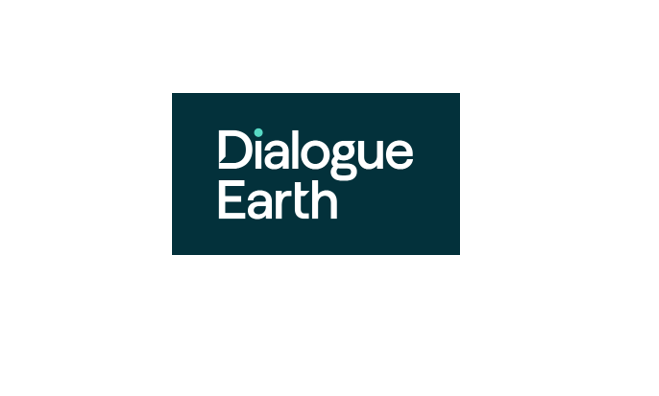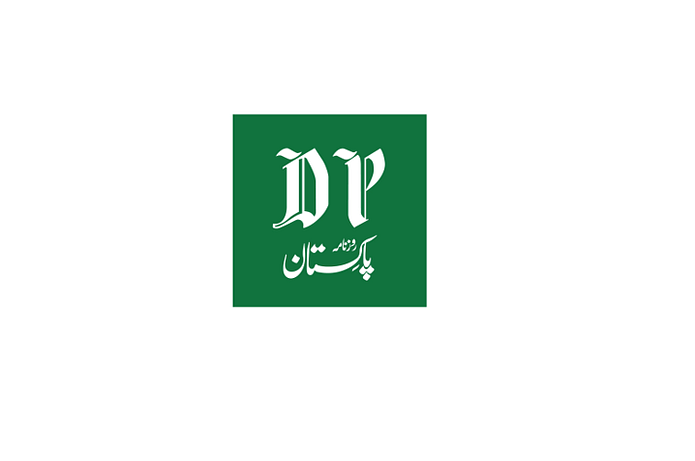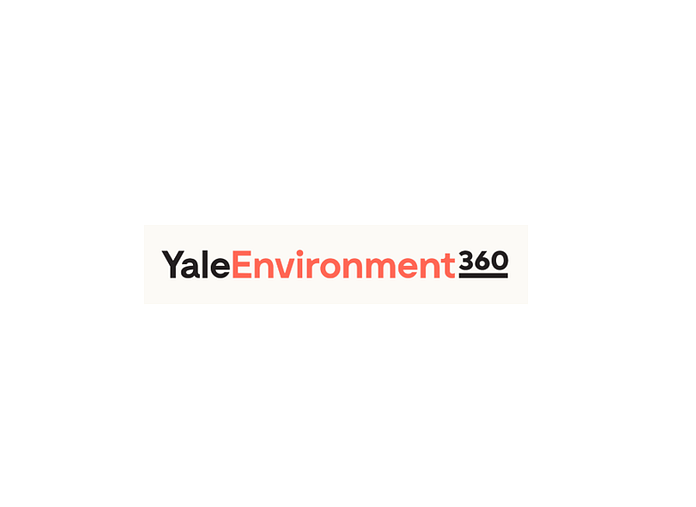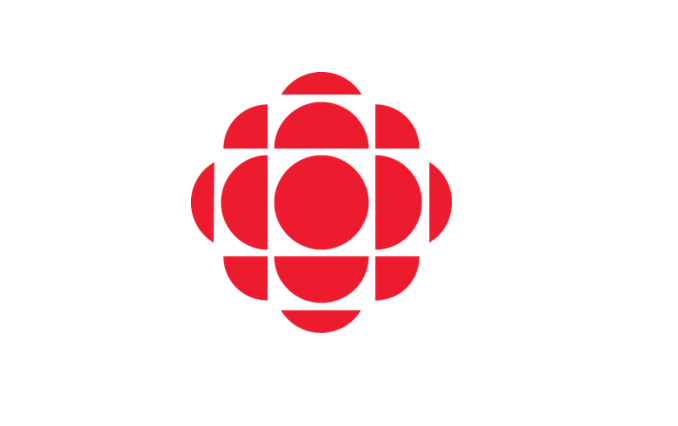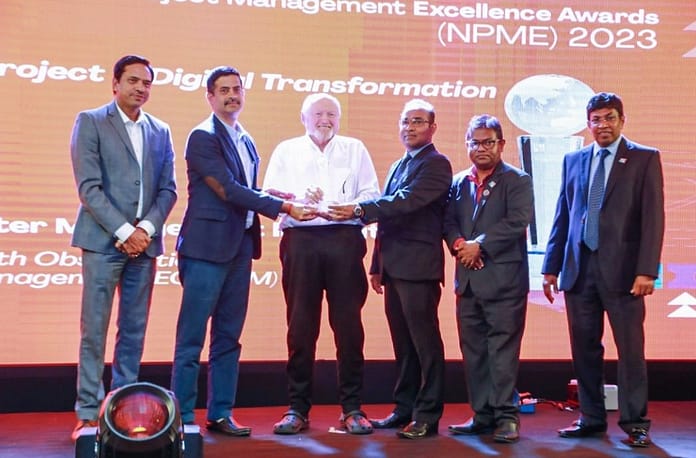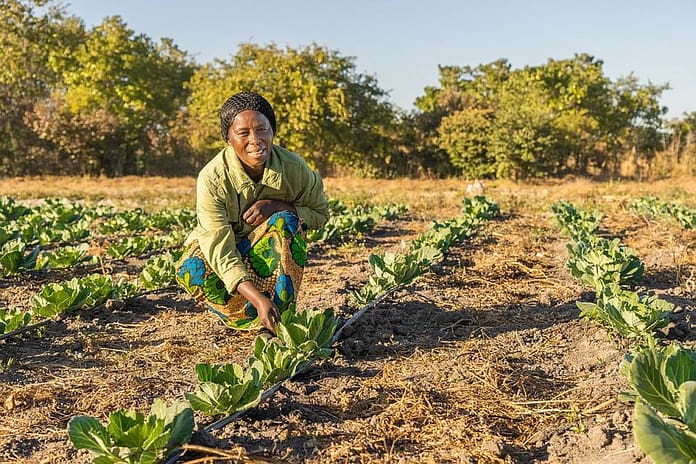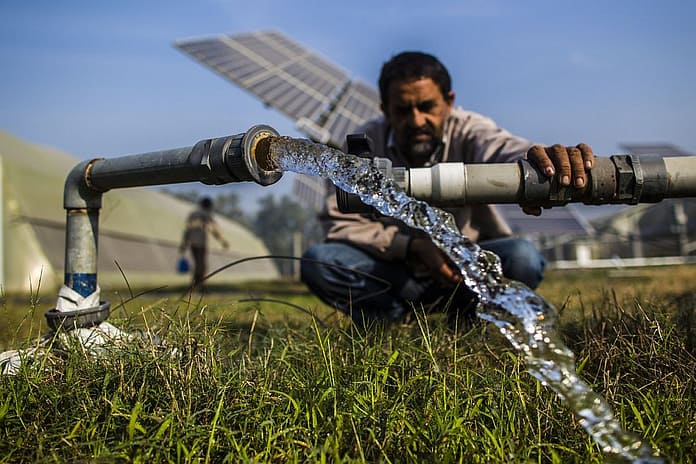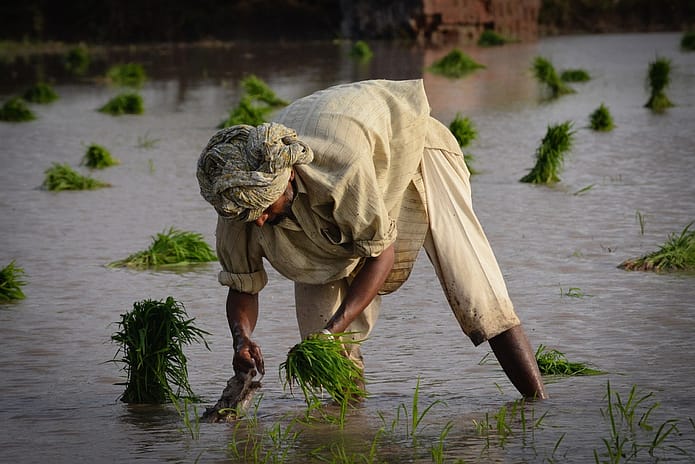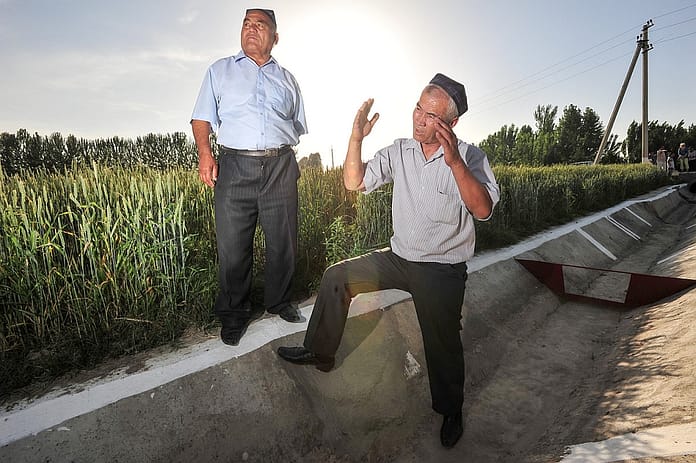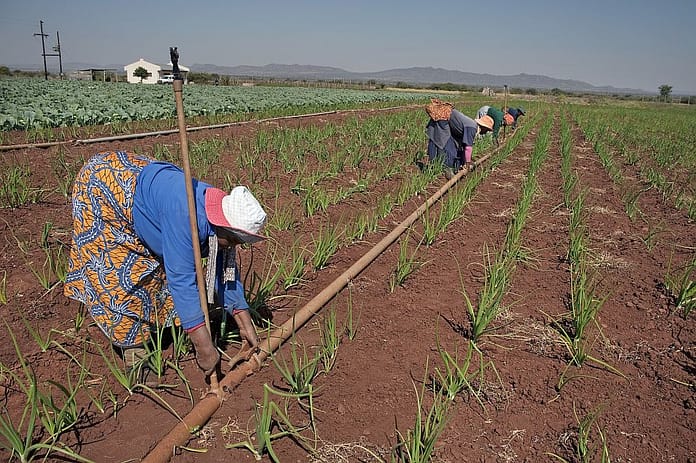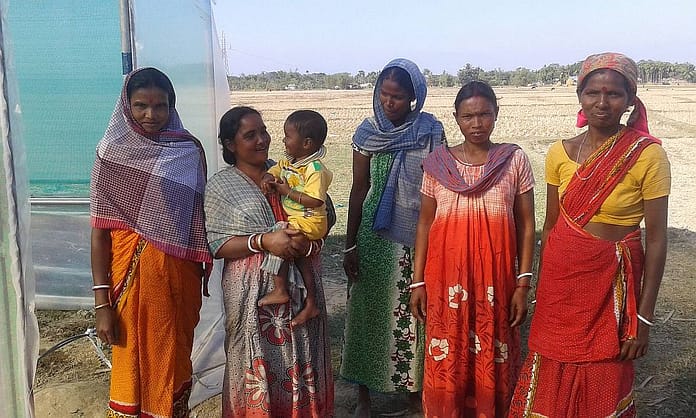Solar irrigation offers enormous promise: it reduces reliance on fossil fuels, increases crop productivity, and expands livelihood opportunities in agriculture and related sectors. However, if left unchecked, it may also lead to over-abstraction of water resources.
In Kenya, the International Water Management Institute (IWMI) and climate tech startup SunCulture are working to ensure that the rapid growth of solar-powered farming does not compromise the long-term health of surface and groundwater systems.
Launched in February 2025 in Nairobi, the collaboration brings together SunCulture’s innovation in off-grid solar irrigation and IWMI’s expertise in water resource management. Two months after formalizing their partnership, SunCulture and IWMI are making meaningful progress toward building a sustainable future for solar irrigation in Kenya. The two partners have developed preliminary guidelines on efficient irrigation practices and a conceptual framework for a water strategy, in collaboration with key stakeholders.
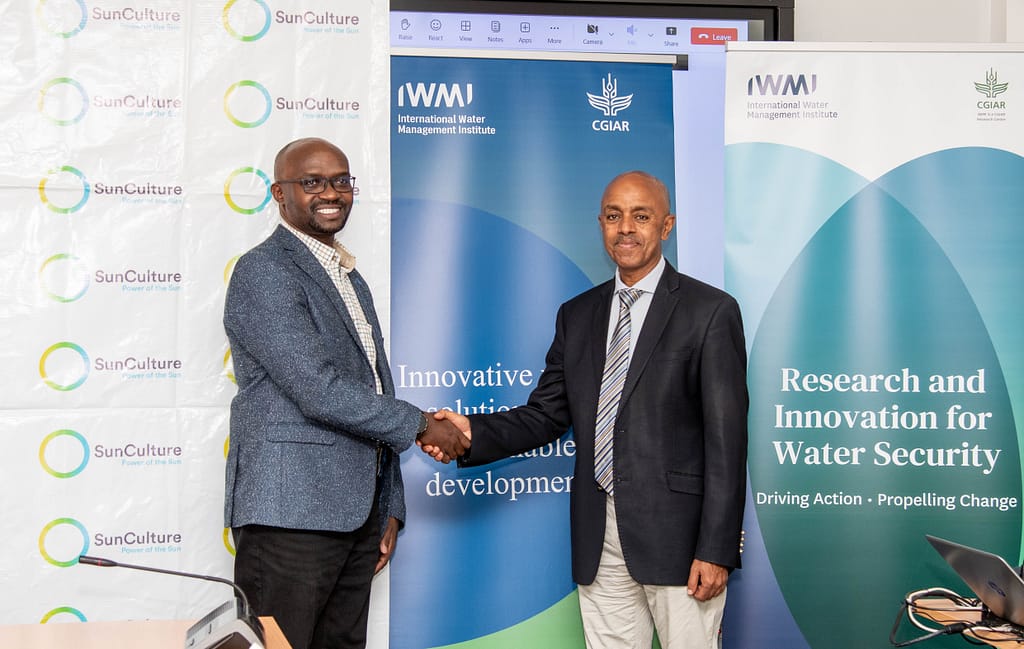
Shared vision for sustainable irrigation
As solar irrigation adoption gains momentum across the region, ensuring responsible and sustainable use of surface and groundwater resources has become a priority.
“IWMI and SunCulture will jointly champion the sustainable use of solar-powered irrigation,” said Abdulkarim Seid, IWMI’s Regional Representative for East Africa. “This partnership aligns with our 2024–2030 strategy, where managing water sustainably and mitigating water risks are at the core. At IWMI, we believe that partnerships amplify impact — what we can achieve together far exceeds what any of us could do alone.”
The partnership will focus on four key areas:
- IWMI will leverage its risk assessment framework to identify controllable and uncontrollable factors influencing sustainable water management through solar based water extraction, guiding SunCulture in mitigating risks while optimizing operations.
- The collaboration will create robust methodologies for monitoring water abstraction levels. IWMI will deploy its Scale-Invariant Water Accounting Plus (SIWA+) methodology to identify the sustainable water limits for solar irrigation expansion and pinpoint potential risk areas for over-abstraction.
- IWMI will formulate irrigation guidelines based on climate conditions, cropping systems, and irrigation methods to support farmers in optimizing water use efficiency.
- IWMI and SunCulture will codesign a water strategy that aligns SunCulture’s operations with environmental sustainability goals.
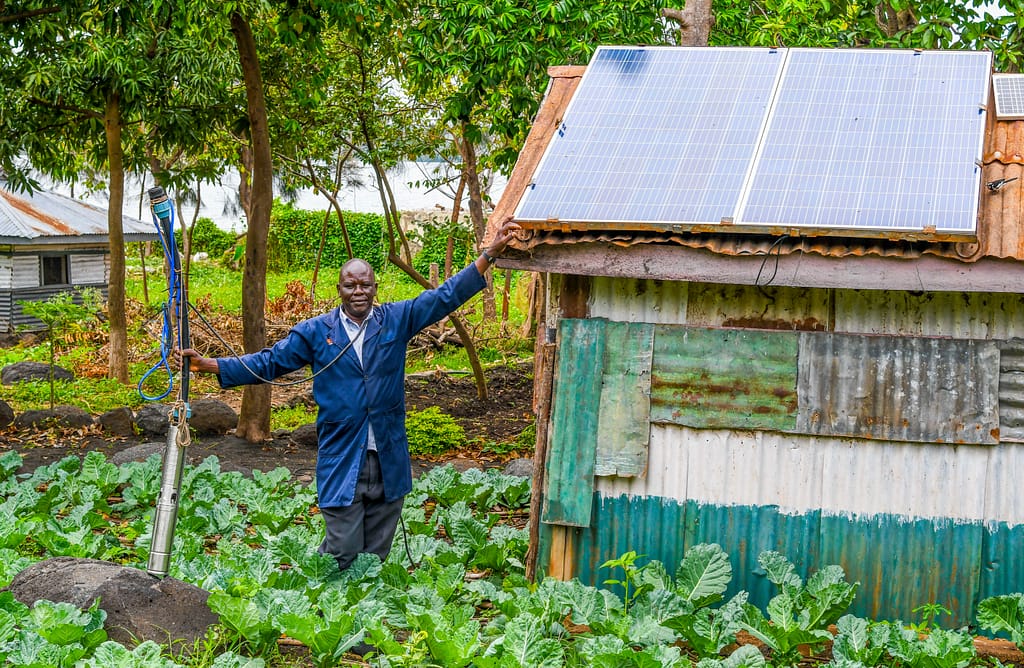
A thriving private sector ecosystem with farmers at the center
SunCulture’s mission is rooted in real-world impact, working to improve smallholder farmers’ access to climate-smart technologies — and this partnership further deepens that commitment.
“For SunCulture, this partnership isn’t just a research exercise — it’s about real impact,” said Samir Ibrahim, CEO of SunCulture. “It’s about ensuring our operations align with environmental sustainability. It’s about equipping farmers with practical tools and knowledge on wise water use. And most importantly, it’s about creating a future where growth and sustainability go hand in hand.”
The collaboration is supported through technical assistance funding from InfraCo Africa and the Private Infrastructure Development Group (PIDG), reflecting a broader ecosystem of support for sustainable innovation in agriculture.
As both IWMI and SunCulture look ahead in this significant journey, their shared goal is clear: a thriving solar irrigation sector that supports smallholder farmers, protects Africa’s critical water resources, and drives agricultural resilience in the face of climate change.



